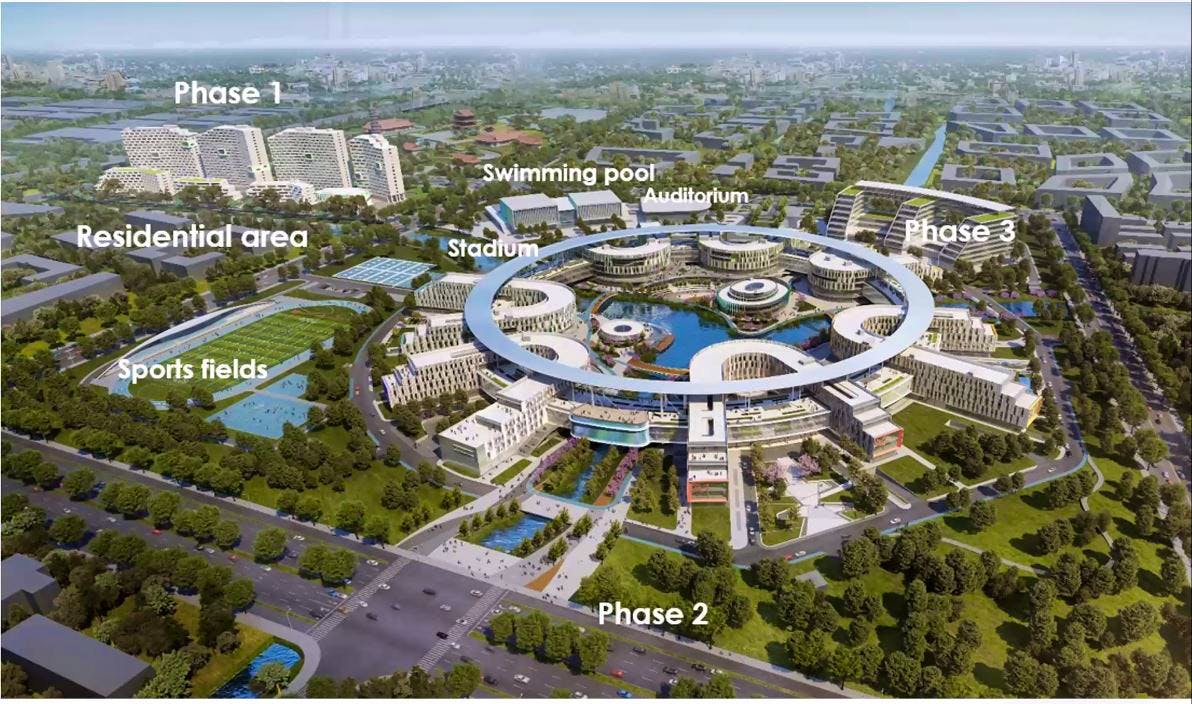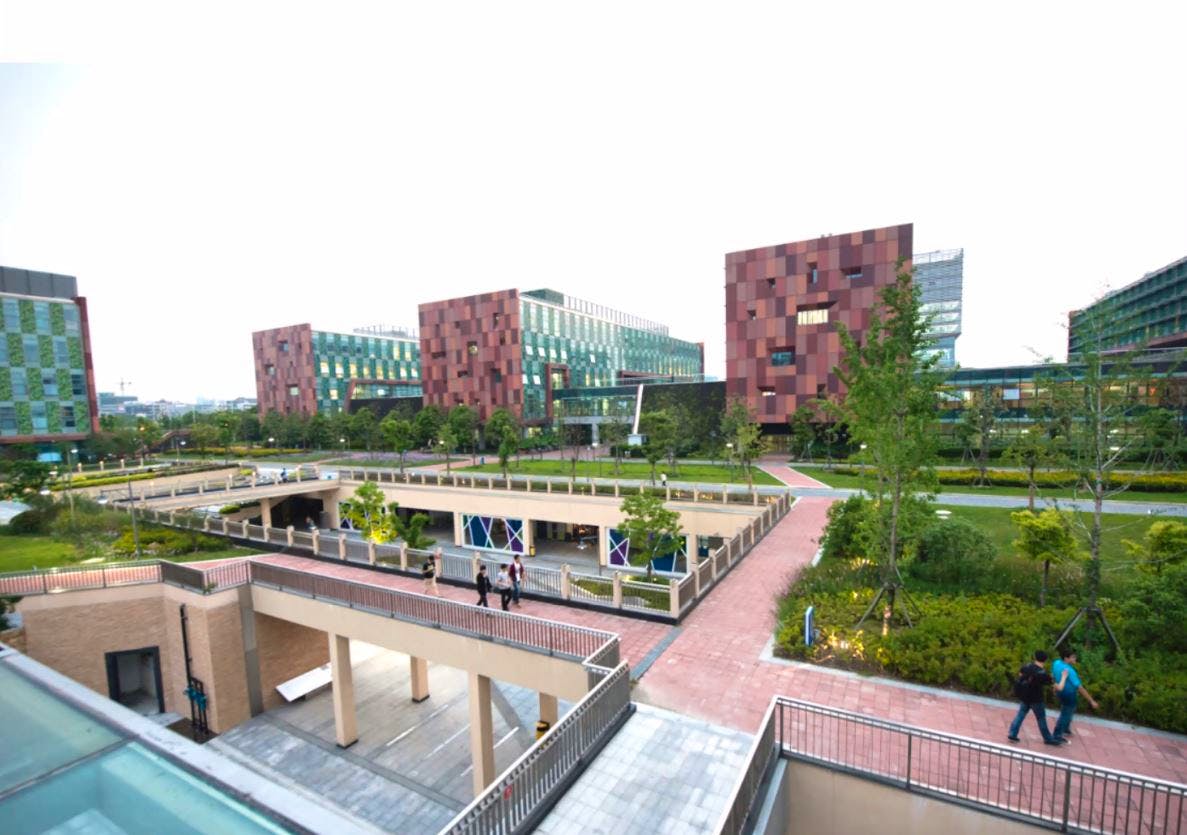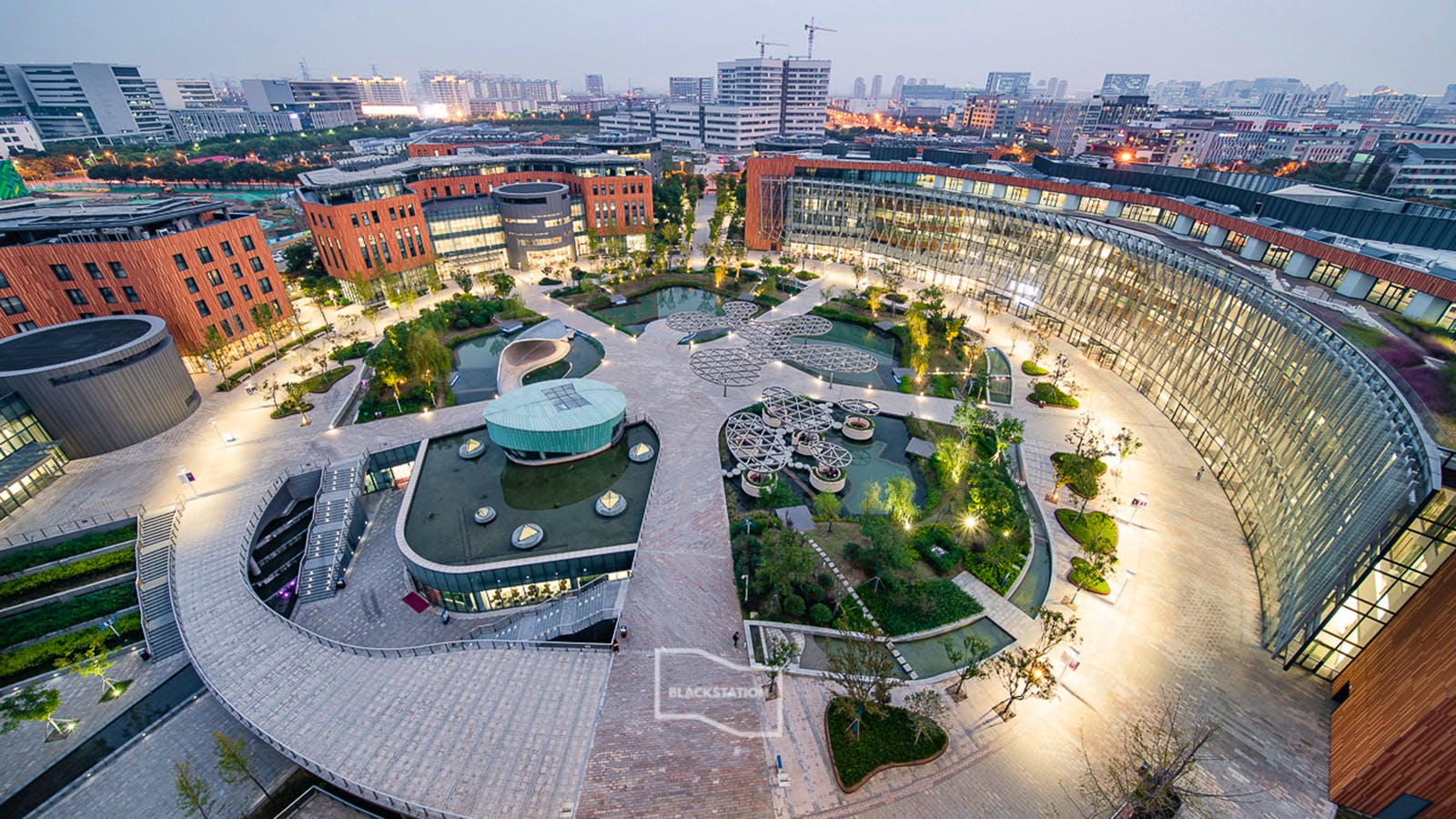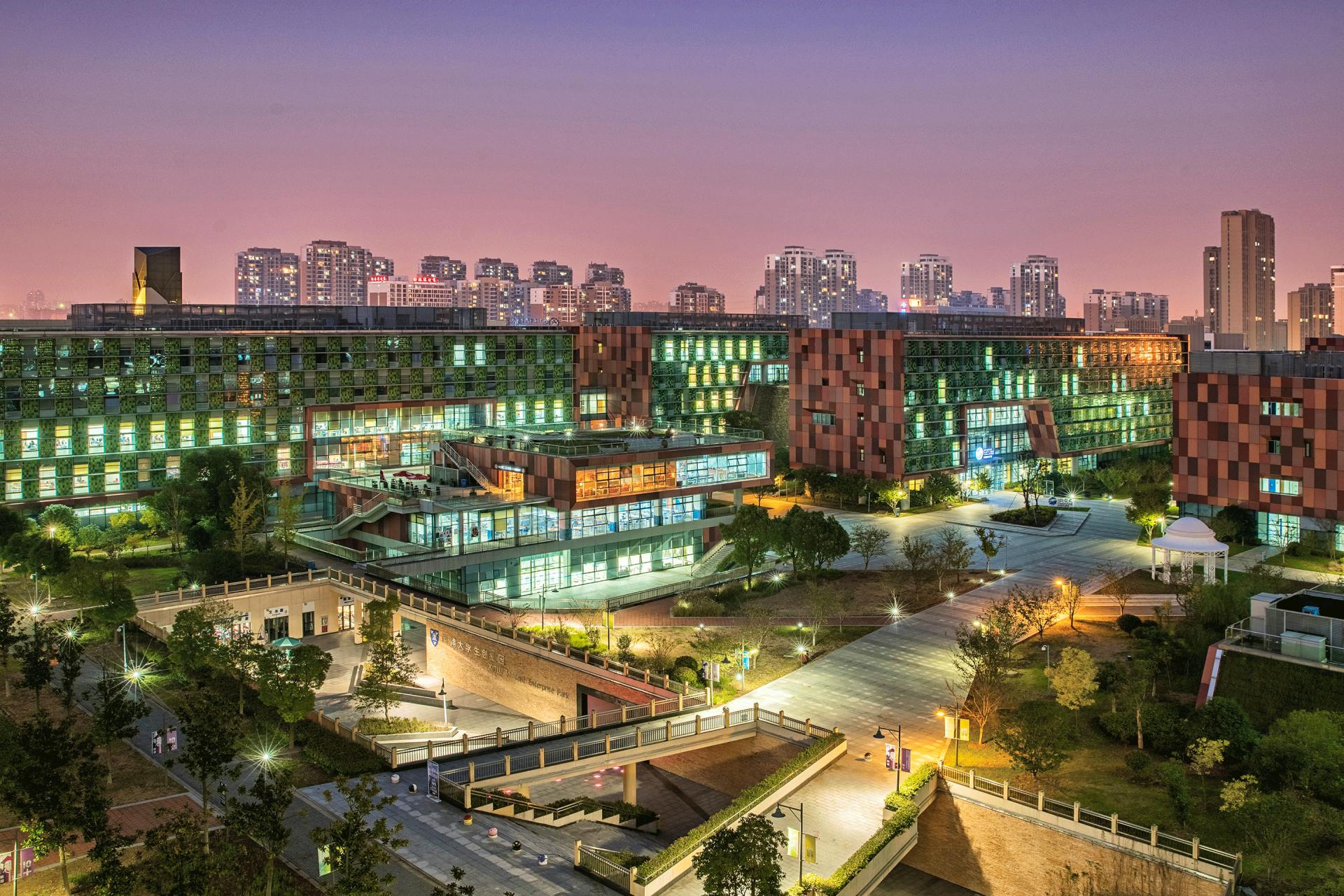• IMPORTANT BEFORE SUBMITTING AN ONLINE APPLICATION: All PhD applicants are strongly encouraged to contact/identify a potential Supervisor and prepare a research proposal before submitting an online application.
Overview
• The PhD in Industrial Design is a strategic research collaboration between Xi’an Jiaotong-Liverpool University and the University of Liverpool. Upon successful completion of your programme, you will receive a degree from the University of Liverpool, which is recognised by the UK Department of Education as well as China’s Ministry of Education.
• Students in this programme are formally registered with the University of Liverpool as off-site postgraduate research students. As a PhD student, you will have a designated principal supervisor at XJTLU who is a full-time academic staff member. In addition, you will have a designated co-supervisor based at the University of Liverpool.
• Pursuing a full-time PhD typically involves three years of conducting research and one year of writing a thesis, supported by subject-specific and general skills training and development. A full-time PhD student must submit their thesis within four years (or six years for part-time PhD students).
Why should I do my PhD in Industry Design at XJTLU?
Key benefits of this PhD program:
- • receipt of a range of professional skills to help you maximise your future employability;
- • guidance from supervisors through one of the most intellectually satisfying experiences of your life;
- • supervision from respected academics at both XJTLU and the University of Liverpool;
- • travel budget for participating in international conferences;
- • the chance to apply for a research visit to the University of Liverpool for three to six months;
- • opportunities to work as a teaching assistant and develop crucial academic skills.
Knowledge and skills:
- • independent research skills in industrial design;
- • contribution to new ideas, techniques or approaches in the field;
- • the ability to conceptualise new knowledge;
- • effective project management;
- • evaluation of the research impact and how to make full use of it;
- • co-operative networks with supervisors, colleagues, peers and the wider research community;
- • additional skills, including teaching, mentoring, public engagement, commercialisation of research, and leadership.
Career opportunities
• XJTLU is the first university in the Chinese mainland to have Industrial Design programmes officially accredited by the Chartered Society of Designers (CSD), an internationally recognised body for the design profession.
• Earning a PhD opens you to a wide array of career opportunities in academia, industry and professional practice. The PhD in Industrial Design at XJTLU is the ideal bridge to a research-focused career within the most prestigious research institutions. It can serve to settle your own practice-based, research-driven design business, or further develop your expertise in any academic institution worldwide.
Research areas
• The Labs reflect our Industrial Design professional knowledge and practice experience, alongside our teaching practice at undergraduate and postgraduate level, through to doctorate level research and commercial industry design practice. Our successful network of industry collaborators, partners and stakeholders, provide us with new proposals that evaluate academic knowledge within realistic funded research programmes. These initiatives position our research profile within a global framework of critical Industrial Design Research practice, where embryonic ideas and innovations can inspire valuable future prototypes into sustainable ecologies and environments.
• Our research activities are organized into three principal Research Labs, to align with leading international research: X+ Experience and Interaction Design, S+ Social Innovation and M+ Future Making and Manufacture. With a primary focus on human values, this innovative research practice develop how future communities and environments can be formed, within Chinese and International cultural contexts.
• The X+ Experience & Interaction Lab considers the extent to which artificial digital realities can serve to represent and improve human experience in the natural world.
• The S+ Social Innovation Lab builds community-based research experiences and social design workshops, where local industry can be involved within the design practice.
• The M+ Future Making & Manufacture Lab reaches from Craft hand skills making through to Digital Prototyping, where research ideas generated in collaboration with the X+ and S+ Labs, can be taken through to industry manufactured production. These three labs deliberately intend to challenge contemporary design paradigms, where social values collide with changes in technology, cultures and community, where innovations and ideas can be tested through realistic prototypes.
X+ Experience & Interaction Lab
• Over time, all societies develop, evolve and transform within a perpetual flow of information exchange and, as the world keeps on shifting, so do our needs and wants. Looking into interactions is to build understanding about our human experience through natural and artificial world. Understand how we communicate through perception, cognition, behavior and performance, and how to design, innovate, and to challenge existing behavior to improve new situations in everyday life
• The X+ research lab specializes in the different modes of interaction between people and the environment, through physical materials and digital applications and services. At its core, the lab aims to evaluate, question, and improve our daily experiences and transactions with the artificial world through the design and improvement of artefacts, tools, spaces, systems, or experiences, according to and within the cultural context they exist in.
Research lab Leaders: Nuno Bernardo, Dr. Mengjie Huang
Research lab members: Aven Le Zhou, Prof. Richard Appleby, Dr. Mariia Zolotova, Jia Liu
S+ Social Innovation Lab
• Design in terms of stylistic function has long passed. We are presented with real-world challenges which such complexity that simple design approaches do not provide workable solutions for the communities we live in. To entangle these interconnected contexts, a multi-disciplinary approach is needed to build inclusive and sustainable living environments for our future communities. Social Innovation Lab adopts a holistic approach, acknowledging that collaborations are essential to create impact, within national and international contexts.
• Social Innovation Lab is user-centered and strongly led by practice-based research: – through sustainable material research, we change our use of and access to resources, – through cultural analysis and a deeper understanding of the past, we can co-create the future, – through socially engaged practices, we can educate change.
Research lab Leaders: Emanuela Corti, Dr. Luis Felipe Moreno Leyva
Research lab members: Vicente Esteban, Paul Denison
M+ Future Making & Manufacture Lab:
• Future Making and Manufacturing is an open platform for many new digital manufacturing processes, from single prototypes through to high volume production, considering how research practice in new material forms and constructions can lead innovation for many manufacturing industries. This Lab is also within a collection of the crafts communities operating within the Jiangsu Province, with a wide variety of materials including bamboo, copper, earth, jade, silk, silver, stone, and wood. These craft materials processes offer unprecedented opportunities for design research as an expression of regionalism and digital innovation. Similar experiences that integrate traditional craft in contemporary design are happening in many other Chinese cities, promoting formats of traditional materials and handicraft techniques, workshops, and exhibitions.
Research lab Leaders: Massimo Imparato, Ivan Parati
Research lab members: Hongchao Wang
Research environment and facilities
• We are a multidisciplinary research team nurturing critical and innovative thinking about design in a broader context. We challenge the status quo and push the boundaries of industrial design. The symbiosis of Chinese and Western culture is an integral part of our research to innovate the social, cultural, and sustainable contexts.
• We collaborate with the Design School, International Business School Suzhou, and the School of Cultural Technology across curricula and Final Year Projects. Externally, we work with industry partners both domestically and internationally via Cumulus and Chartered Society of Designers (CSD) partnerships.
• PhD students share an office with individual workspaces to conduct their studies. R+ and S+ have dedicated research labs in the International Research building. M+ operates predominantly in the Design School Fab Lab, with multiple workshops and equipment for model making, prototyping and digital fabrication.
Potential supervisors
Design School
• Find out potential supervisors from Department of Industrial Design.
XJTLU Entrepreneur College (Taicang)
• Find out potential supervisors from School of Intelligent Manufacturing Ecosystem.
Show less














